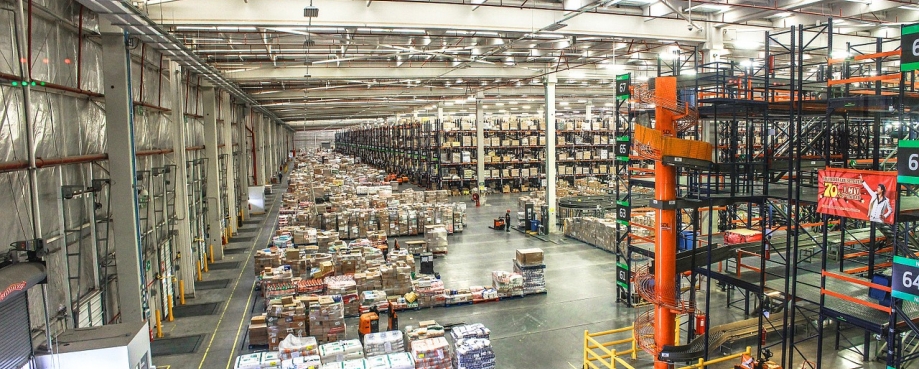
While we know that this is a challenging time for many if not most businesses, we need to be clear that all our collective focus must be on reducing the impact of the COVID-19 virus to individuals, communities and wider society.
The government has put in place significant support for business, yet we still see some employers put workers at unnecessary risk in locations such as distribution centres for non-essential items like fashion. Responsible businesses should follow government advice to limit the spread of the virus and if they cannot provide workers with adequate protection at work, they should cease operation and take advantage of the support schemes available.
Peter McAllister, ETI's Executive Director, comments: "Whilst keeping the UK economy going is important, the first priority for all responsible businesses must, at this time, be protecting workers and preventing further spread of the virus.”
“The difficulties of enforcing social distancing in distribution centres and the lack of availability of effective hand sanitiser, face masks and other PPE are putting workers at unnecessary risk. Sectors such as garments and cosmetics, for example, are not essential work which is why we are calling on all business to act responsibly and to ensure workers are protected or take the difficult decision to cease operations at this time. While the high street has been largely closed, online operations need to consider their impact too, as the fulfilment of online orders is a key factor in the continued operation of UK distribution centres.”
“Where businesses have mixed distribution lines, and are producing a range of goods, both essential and non-essential, we would hope that they would only retain operations in areas where there is essential need, continue to follow government guidelines, and work closely with trade unions in order to ensure their workers, and the wider community are protected at all times.”
"The next few weeks are going to be critical in terms of reducing the number of deaths from Covid-19. We must all play our part in protecting public health and saving lives."
Ethical Trading Initiative (ETI) is a leading alliance of companies, trade unions and NGOs that promotes workers' rights around the globe. Its members include major UK companies, including high street fashion chains and supermarkets.
